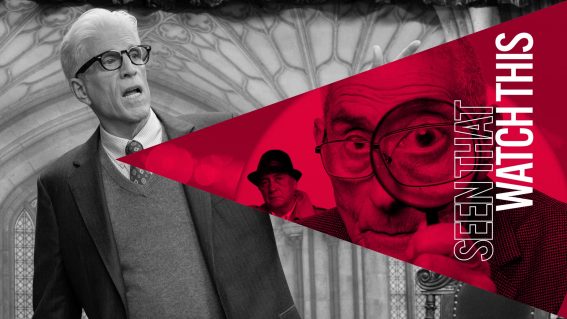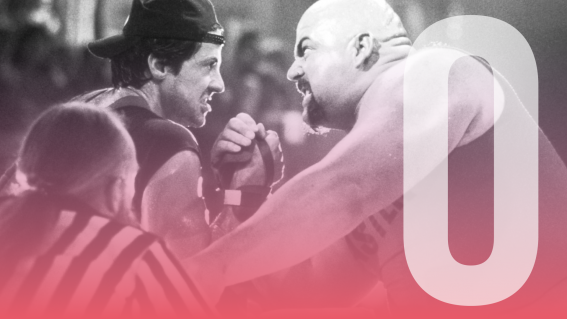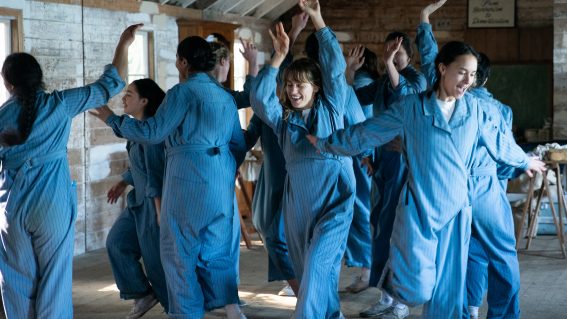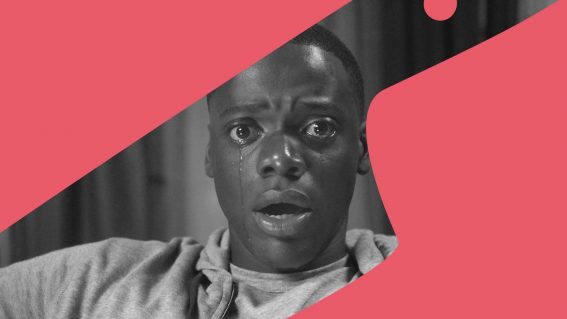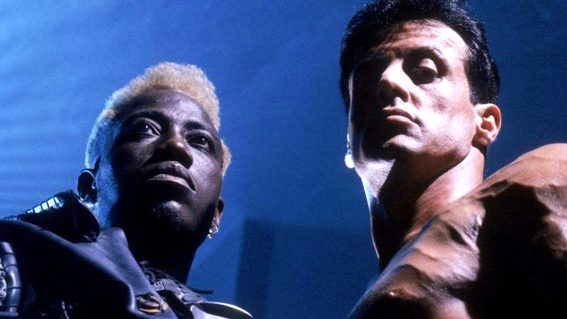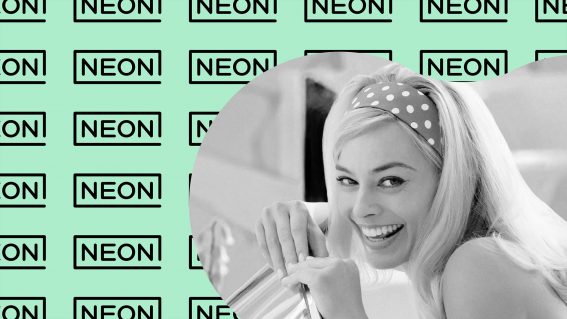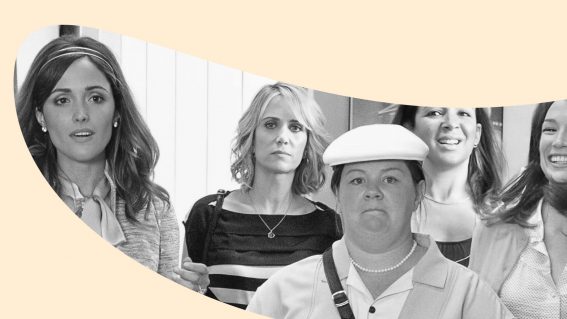The Unusual Evolution of Oscar Speeches
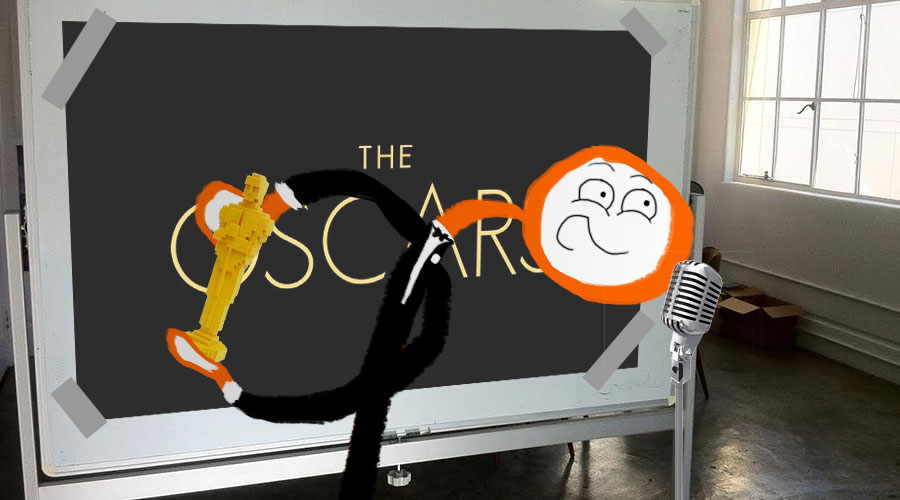
The 2015 Academy Awards are over, and like most years, it passed through me like a rose-scented fart in the face. I mean, it smells nice ‘n’ all, but you still have to deal with the fact that your face experienced a directly-aimed fart towards it.
A number of the acceptance speeches, however, were a breath of fresh liberal air in an otherwise stuffy event filled with Hollywood’s “best and whitest”.
Graham Moore, winner of Best Adapted Screenplay for The Imitation Game, touched on his personal story that led to a plea for similarly ‘unusual’ kids to “stay weird, stay different”.
Upon receiving the award for Best Song for the Selma track ‘Glory’, John Legend dropped the unsettling reality that, in America, “more black men [are] under correctional control today than there were under slavery in 1850.” (The actual statistics are even worse than you probably know.)
Alejandro González Iñárritu, director of Best Picture winner Birdman, undercut former work pal Sean Penn’s extremely misjudged “green card” joke with a genuine and concise preach about showing social dignity towards his fellow Mexicans.
(Though I bet Michael Keaton had the most heart-tugging speech of them all.)
The ‘Oscar speech’ has come a long way since its inception, especially in regards to the number of ‘thank yous’ that seemingly increase with each decade. Because my doctor told me not to expose myself to too much self-indulgence at any one time, I decided to have a glance at just a few acceptance speeches by famous actors over the years.
In some ways, it can feel like we’ve taken a step backwards from grace. Take a look at Vivien Leigh’s soothingly eloquent words in her 1940 acceptance speech for Gone with the Wind:
After pleading for forgiveness in case her words were “inadequate”, Leigh stated “if I were to mention all those who have shown me such wonderful generosity… I should have to tempt you with an oration as long as Gone with the Wind itself.” She wasn’t aware that Oscar-winners of the distant future took that statement as a challenge.
Leigh goes on to give two ‘thank yous’: one to everyone involved and the other to her producer, the “figure of energy, courage and very great kindness in whom all the great points of Gone with the Wind meet.” That’s some loquacious shit, right there.
Marlon Brando managed to keep his speech down to a single ‘thank you’ when he won in 1955 for On the Waterfront. After casually jogging up to the stage, he suddenly forgot what he was going to say, so he elegantly thanked everyone for being “directly responsible” for him “being so very, very glad.”
Brando remained confident throughout, never once apologising for his forgetfulness nor asking for forgiveness.
Julie Andrews upped the stakes in 1965 for her Mary Poppins acceptance speech, giving one big ‘thank you’ to America and another to Mr. Walt Disney who “has the largest thanks of them all.” (Because of course he would.)
“I would somehow like to try and convey my really deep gratitude… for being made to feel so very welcome in this country.” Like Leigh, Andrews expresses a timid disposition with a triple-threat string of verbal modesty: “somehow”, “like to” and “try”.
One Flew Over the Cuckoo’s Nest star Louise Fletcher’s “loved being hated by you” speech showed more tongue-in-cheek subtlety to her self-depreciation. However, when she moved on to show her peers gratitude, she didn’t slow it down with mitigation.
Fletcher had numerous ‘thank yous’: director Milos Forman, co-lead Jack Nicholson and the rest of the cast. She also thanks her parents, both of whom are deaf, via sign language. It’s quite touching.
Then there’s F. Murray Abraham’s 1985 Best Actor acceptance speech for Amadeus. He opens with the joke “I’ve been working on this speech for 25 years.” It’s a good dig, but it also says “I’ve grown up listening to – and being inspired by – other acceptance speeches. It’s Abraham’s time to shine!” You can imagine this desire would have only been amplified by this generation’s potential Oscar-winners…
Abraham doesn’t drone on, however, managing to keep it down to three ‘thanks yous’: one was for director Milos Forman and another, more powerful one was given to his co-lead and fellow nominee Tom Hulce.
Abraham then walks awkwardly out of the spotlight only to go rushing awkwardly back in to thank his wife, declaring “Wait a minute, I still have more time!” This is a sign of things to come as future Oscar winners grow more entitled to using all the speech minutes they can.
Then came the ‘90s, which is arguably where the art of Oscar speech-making turned into an annual thank-a-thon. Case in point: Nicolas Cage’s 1996 win for Leaving Las Vegas.
The Cage-ster held an actual list and gave out a colossal amount of ‘thank yous’: to the Academy, his director, his co-lead, the author of the source material, the producers, MGM, four other colleagues, his wife and his family.
He also used his time to try and say something profound and meaningful about the art of motion pictures, expressing his desire to “blur the line between art and commerce” and to “experiment and fast forward into the future of acting.” He would later go on to star in this, this, this, this, this, this, this, this, this, this and this.
The time-soaking and thank-you-dealing reached terminal velocity with Halle Berry’s infamous 2002 acceptance speech for Monster’s Ball. Amongst a fountain of tears and whirlwind of gasps, Berry brought on a cyclone of ‘thank yous’: the Academy, her manager, her mum, her husband, Lionsgate, the director, producer, agents, lawyers, Spike Lee, Oprah and more.
When she sensed the crowd growing impatient, she literally shrieked “Ok, wait a minute, I gotta take this—74 YEARS HERE, OKAY!? I gotta take this time!” To be fair, she had tremendous pressure placed on her being the first (and still only) black performer to win the Oscar for Best Actress in a Leading Role, so she was clearly nervous about delivering ‘the perfect speech’. To be unfair, she could have simply worn a hat and tipped it – would have done the same job minus the immortalised embarrassment.
This brings us to 2015 with Patricia Arquette’s win for Boyhood. She too whips out a massive list of ‘thank yous’ and busts through then at warp speed: the Academy, her fellow nominees, IFC, director Richard Linklater, co-star Ethan Hawke, the rest of the Boyhood cast and crew, her family, her friends, her parents, her favourite painter, givelove.org, every tax-paying American and anyone who’s ever given birth.
But then, Arquette confidently used the rest of her time to promote wage equality and equal rights for women. She did not mitigate, she did not hesitate, she did not fumble her words and she did not apologise or ask for forgiveness. Arquette knew exactly who to thank and how to use her time in the spotlight to the greatest effect she could think of. It’s a prime example of what the ‘Oscar speech’ has evolved into since the meeker, simple days of Leigh, Brando and Andrews.
While Arquette had a gratuitous amount of ‘thank yous’ to give in her acceptance speech, it’s damn near incomparable to the number she received.

